Lecithin
Type: Excipient
Lecithin is a type of lipid/fat that is needed by all body cells. Cell membranes, which regulate the transport nutrients in and out of the cells, are largely made of lecithin.
Lecithin consists mostly of the B vitamin choline. Lecithin is part water and part fat soluble. Thus it acts as an emulsifying agent in most food products.
Benefits of lecithin in the diet or as a supplement helps in cholesterol management by increasing HDL (good) cholesterol and lowering LDL (bad) cholesterol in blood. In turns, it improves cardiovascular health and manage the risk of having high blood pressure or heart diseases.
Another benefit of lecithin is as breastfeeding aid. Some recommends lecithin to prevent clog milk ducts that leads to sore, inflamed and engorged breasts (also known as mastitis). Lecithin may reduce the thickness of breast milk, making it easier to flow and less likely to clog milk ducts in breast. However, lecithin could not treat already clogged ducts or relieve the discomfort related to mastitis.
Most lecithin is derived from soybeans and some from egg yolks. Other sources of lecithin include brewer's yeast, grains, legumes, fish and wheat germ.
Stay Inspired with Health Trends

8 Tips For Building Mental Resilience In Your Child

7 Amazing Facts About Women

How Burned Out Are You?

Dozing off at Work? 😴
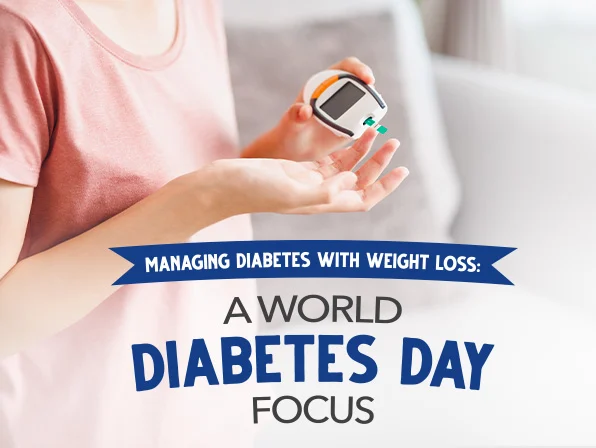
Managing Diabetes with Weight Loss: A World Diabetes Day Focus
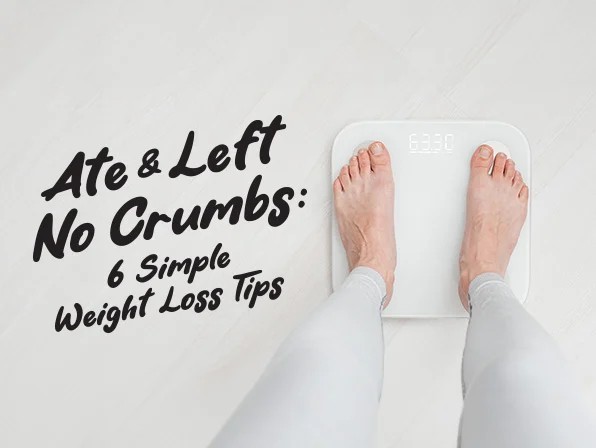
Ate And Left No Crumbs: 6 Simple Weight Loss Tips
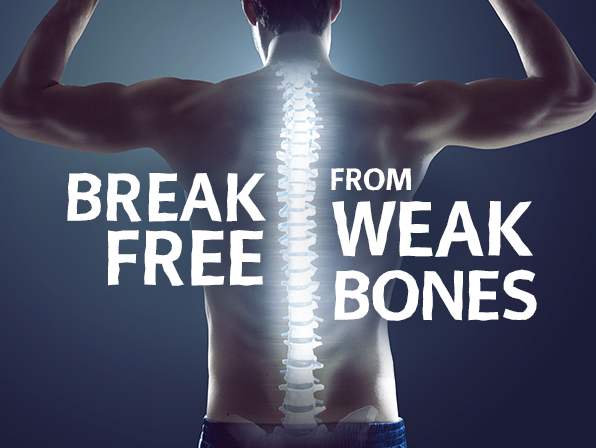
Break Free from Weak Bones

Small Bite, Big Threat: Fight Dengue with Confidence

Count Celebrations, Not Calories This Mid-Autumn Festival!
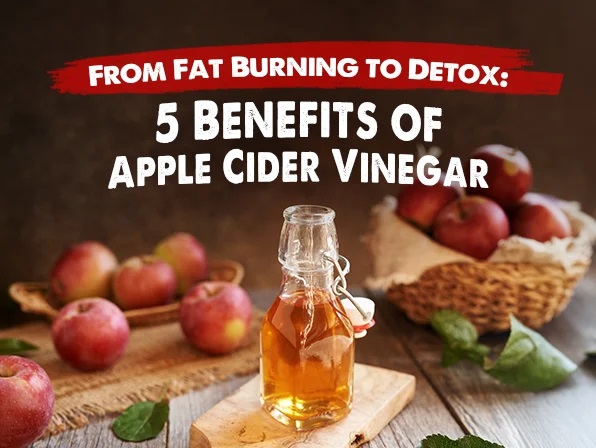
From Fat Burning to Detox: 5 Benefits of Apple Cider Vinegar

Cracking The Food Coma Code

Keep Cool and Carry On!
In Singapore, the National Climate Change study predicts that the daily average temperature may rise to a sweltering 36.7 Degrees Celsius by the end of the century1

Give Your Brain A Good Headstart!
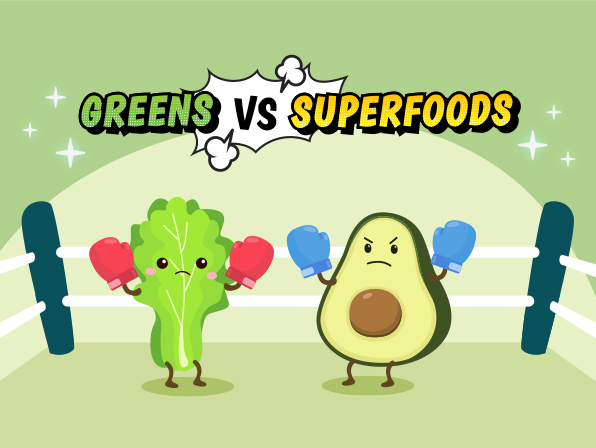
Greens Vs Superfoods
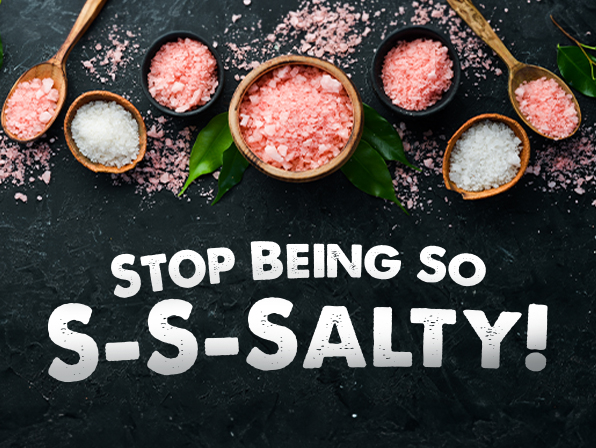
How Much Is Too Much Salt?

Maximise Your Workout

FREE RADICALS – YOUR INVISIBLE ENEMY
